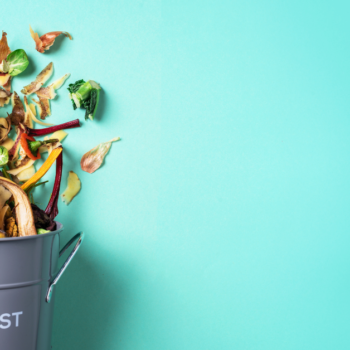|
|
Water is a vital resource for all living beings on Earth. It is essential for survival and is crucial in maintaining our overall health and well-being. However, with the increasing pollution levels and growing concerns about plastic waste, finding sustainable ways to access clean drinking water and reduce our reliance on single-use plastic bottles has become more critical than ever.
The Problem with Plastic
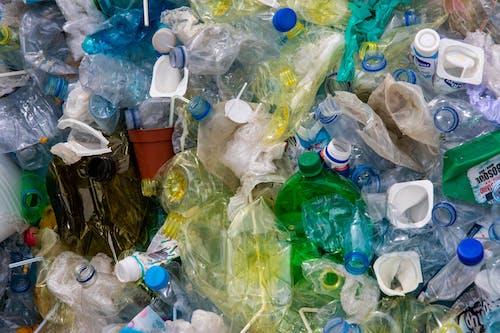
Plastic pollution has become a pressing environmental concern, with significant implications for our ecosystems and water resources. A primary contributor to this problem is the ubiquitous use of plastic water bottles. These bottles, often single-use, profoundly impact our environment, from production to disposal.
- Production Phase: The manufacture of plastic bottles consumes vast amounts of fossil fuels, primarily petroleum. According to the Pacific Institute, producing one plastic bottle can require three times the amount of water that bottle can hold. This process exacerbates water scarcity in regions where water resources are already stressed.
- Single-Use Dilemma: Single-use plastic bottles’ convenience has led to widespread consumption. In the United States alone, millions of plastic bottles are discarded daily. Globally, only 9% of plastic is recycled, highlighting the magnitude of the disposal issue.
- Decomposition Challenges: Plastic water bottles are incredibly durable, taking hundreds of years to decompose fully. During this prolonged decomposition period, they release harmful chemicals into the soil and water, contributing to environmental contamination.
- Marine Life Impact: The improper disposal of plastic bottles leads to their eventual journey to the oceans, where they pose a significant threat to marine life. Marine creatures can ingest plastic waste, causing harm and disrupting ecosystems.
- Landfill Burden: A substantial portion of discarded plastic bottles is in landfills. Like other plastic waste, these bottles accumulate in landfills, occupying valuable space and releasing pollutants over time.
Benefits of Water Filtration Systems
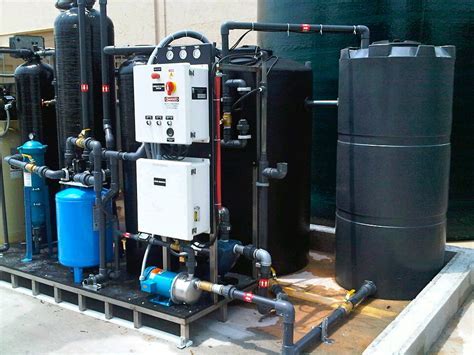
Water filtration systems offer a multitude of benefits that extend beyond simply making tap water safe for consumption. They are vital in reducing plastic waste and promoting a sustainable water supply. Here’s how:
- Elimination of Plastic Bottles: One of the most significant advantages of water filtration systems is their ability to replace the need for single-use plastic water bottles. With a filtration system, households can enjoy clean and safe drinking water directly from the tap, eliminating the reliance on plastic bottle purchases.
- Environmental Conservation: By reducing the consumption of bottled water, water filtration systems contribute to a significant decrease in plastic waste generation. This, in turn, lessens the burden on landfills and minimizes the environmental impact of plastic pollution on ecosystems.
- Energy and Resource Efficiency: The production and transportation of plastic water bottles consume substantial energy and resources. Water filtration can help reduce these carbon footprints, making it more eco-friendly. A study published in the journal “Environmental Research Letters” found that tap water and a filtration system have a lower carbon footprint than bottled water.
- Cost Savings: Over time, investing in a water filtration system can lead to substantial cost savings compared to purchasing bottled water regularly. The upfront investment pays off by eliminating the ongoing expense of bottled water purchases.
- Health Benefits: Water filter systems remove harmful contaminants such as lead, chlorine, and pathogens, ensuring that the water is not only safe but also healthier to consume. This can lead to improved overall well-being and reduced risk of waterborne diseases.
- Convenience: A water filter can help provide access to clean and filtered water 24/7, without transporting heavy water bottles from the store.
- Reduced Plastic Footprint: Individuals can further reduce their plastic footprint and contribute to a more sustainable lifestyle by choosing a reusable water bottle to fill with filtered water.
Reducing Plastic Waste
We can help the environment by reducing plastic waste, and water filters can help us make a significant impact. Opting for a water filter can substantially decrease the need for single-use plastic water bottles. Instead of regularly purchasing bottled water, you can conveniently refill your reusable water bottle with clean and filtered tap water.
This small change in your daily routine can lead to a substantial reduction in plastic consumption. It not only helps minimize the plastic waste in landfills and oceans but also conserves valuable resources and reduces the carbon footprint associated with plastic bottle production and transportation. In this way, adopting a water filter system contributes to a more sustainable and eco-friendly lifestyle.
Ensuring Clean and Safe Drinking Water
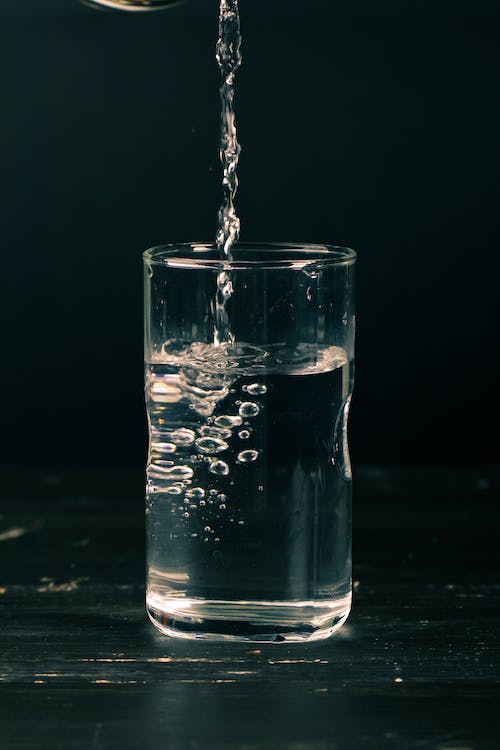
Ensuring access to clean and safe drinking water is a top priority for everyone. Many people turn to bottled water because they believe it’s safer than tap water. However, this perception doesn’t always hold.
Numerous studies have demonstrated that tap water can be equally secure, if not safer, than bottled water. By investing in a dependable water filtration system, you can have confidence in the quality and safety of your tap water.
Water filtration systems are designed to remove impurities and contaminants, ensuring your water is free from harmful substances. These systems provide a cost-effective and environmentally friendly alternative to purchasing bottled water regularly.
Not only do they reduce your plastic waste, but they also guarantee that your family has access to clean and safe drinking water right from the tap. This benefits your health and helps in conserving resources and reducing the environmental impact of bottled water production and disposal.
Investing in an Eco-Friendly Water Filter
The right water filter is essential for clean drinking water and reducing plastic waste. Several filter options cater to different preferences. Countertop filters are convenient and provide efficient filtration. Under-sink filters are discreet, and supply filtered water on demand. Pitcher filters are portable and a favourite among families.
Prioritize eco-friendly filter choices that align with your lifestyle and environmental goals. Investing wisely allows you to enjoy safe, clean water while contributing to a greener planet.
Types of Water Filters
Different types of water filters are available, each with its unique filtration method and benefits. Here are some of them:
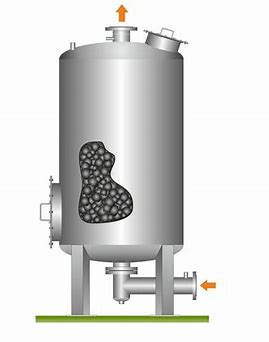
1. Activated Carbon Filters: These filters are cost-effective and excellent for removing common contaminants found in tap water, including chlorine, sediment, and unpleasant odors. They enhance the taste and odor of your water.
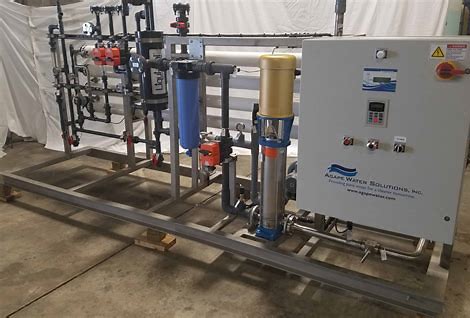
2. Reverse Osmosis Systems: Highly effective at purifying water, reverse osmosis systems use a membrane to remove a wide range of impurities, such as heavy metals, minerals, bacteria, and viruses. They provide incredibly pure and clean drinking water.
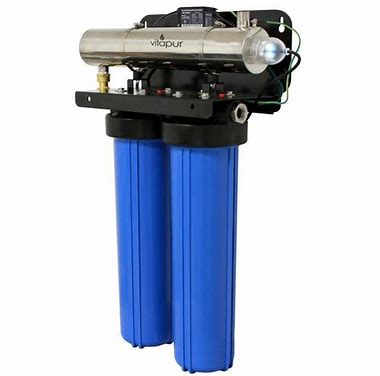
3. UV Filters: UV or ultraviolet filters utilize ultraviolet radiation to disinfect water by killing harmful microorganisms like bacteria and viruses. While they don’t remove other contaminants, they ensure your water is safe to drink.
These are just a few examples of the many water filtration options available. Consider your specific water quality and filtration needs to choose the most suitable system for your household.
Frequently Asked Questions
The purpose of a water filtration system is to remove impurities and contaminants from water, improving its quality and making it safe for drinking and other uses.
By providing a convenient and eco-friendly way to filter water at home, a water filtration system can help reduce reliance on single-use plastic water bottles, thus reducing plastic waste.
Using a water filtration system has multiple benefits, including improved water quality, cost savings compared to buying bottled water, and reducing plastic waste to benefit the environment.
When choosing an eco-friendly water filter, look for options made from sustainable materials, have long-lasting filters, and are designed to reduce plastic waste.
The safety of tap water varies depending on your location. While tap water is generally treated to meet safety standards, using a water filter can provide an extra layer of filtration to ensure the removal of potential contaminants.
Reducing plastic waste is important for the environment, as plastic pollution harms ecosystems, wildlife, and human health. By reducing plastic waste, we can help protect the planet.
Using water filters at home can help reduce plastic waste by eliminating the need for single-use plastic water bottles. You can significantly reduce your plastic consumption by opting for a reusable water bottle and filtering tap water.
Various types of water filters are available, including countertop water filters, under-sink filters, pitcher filters, and whole-house filtration systems. Each type has its advantages and is designed for specific needs.
Water filters use various mechanisms to remove impurities from water, including activated carbon filters, reverse osmosis membranes, and sediment filters. These mechanisms effectively target contaminants and improve the overall quality of the water.
A home water filtration system benefits the environment by reducing the consumption of single-use plastic water bottles, minimizing plastic waste in landfills and polluting natural ecosystems.
Conclusion
Investing in a water filtration system is a practical and necessary step toward reducing plastic waste and ensuring access to clean drinking water. Water filters can significantly reduce the amount of plastic consumed and help protect the environment.
Moreover, these filters offer an eco-friendly and cost-effective alternative to bottled water. So, switch to a reusable water bottle and a reliable water filtration system to enjoy the benefits of clean water while minimizing your environmental impact.









